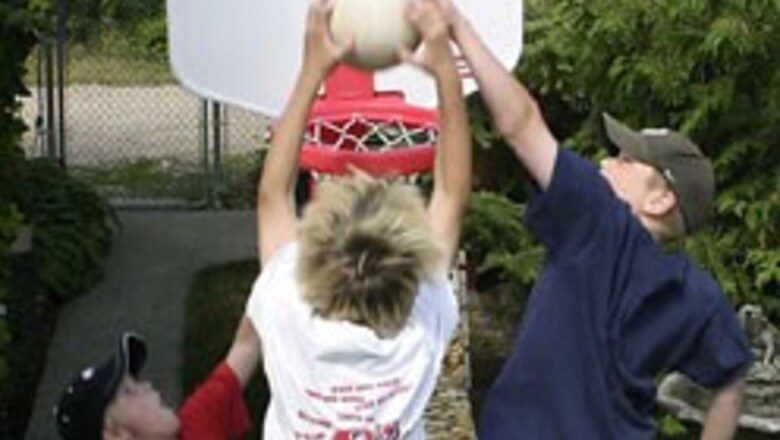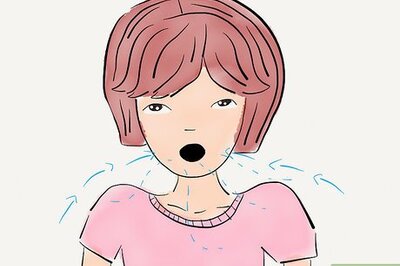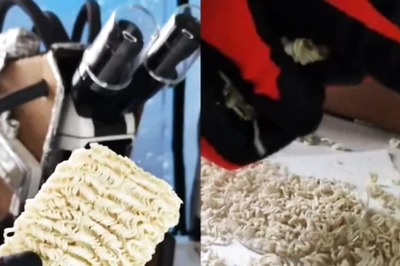
views
London: Most parents think that their active involvement in their child’s games is a sigh of their support for their child.
A new study published in the British Journal of Sports Medicine however, has found that ‘a significant number’ of parents of junior athletes have a negative impact on their child’s development, instead of a positive one.
The findings were based on data collected from a national survey of 132 professional junior tennis coaches, with an average of 17 years in the business, in the US, which looked at the role parents play in the successes of their sporting offspring.
The survey was based on a questionnaire that included 200 individual items, covering nine categories of question.
As a part of the survey, coaches were asked to score the positive or negative impact of parental involvement in their child’s sporting performance, using validated scales.
The researchers found that the coaches regarded more than a third of parents to be harmful to their child’s development even though they felt that over half of parents had a positive influence on their children.
And it was in respect to financial and practical support and instilling good behaviours, such as hard work and a positive approach.
The most common problems that the coaches had with parents was when the latter focussed excessively on winning, had unrealistic expectations of their children, coached their own child, criticised their child, and excessively pampered their kids. All of which scored around 3.5 out of a maximum of 5 points.
As for the level of seriousness of these problems, the coaches scored overemphasis on winning, criticism, and lack of emotional control the highest-each attracting nearly 4 out of 5 points.
The authors say that this shows that parents may find it difficult to put winning in perspective, and so overly criticise, force, or drive their children inappropriately in a bid to motivate them.
"Although many parents do an excellent job and contribute positively to their child’s development. The experienced coaches felt that a significant number unknowingly interfere with their child’s development," the British Journal of Sports Medicine quoted the authors, as saying.
"This is not surprising given the fact that sport parents receive little or no training about how to help their child develop and are exposed to a youth sports environment that is increasingly professional," they added.

















Comments
0 comment